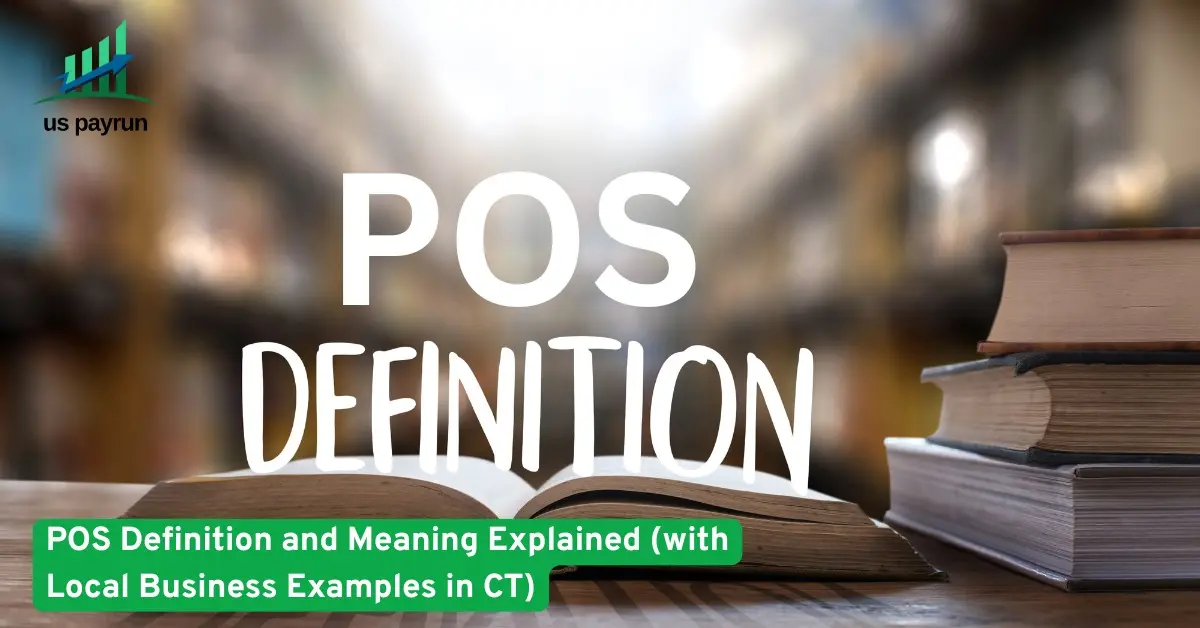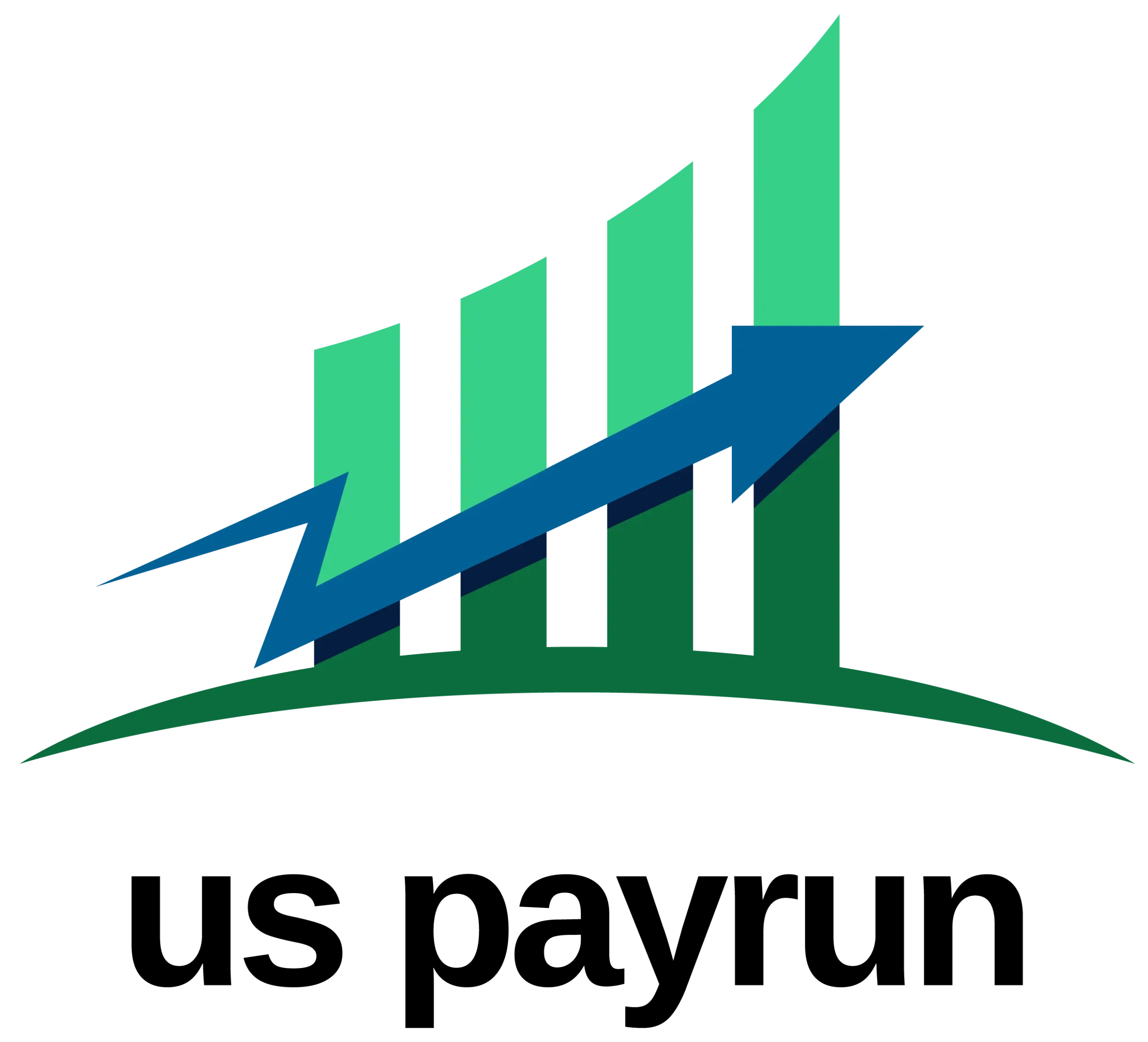
Imagine this: You’re at a cafe in Hartford, ordering your favorite coffee, and when it’s time to pay, you swipe your card or scan your phone. A few seconds later, your transaction is complete, and the shop’s inventory is updated automatically. This is the magic of a Point of Sale (POS) system in action. If you’re a small business owner in Connecticut, understanding how a POS system works and how it benefits your business is essential. A well-chosen POS system can streamline your operations, improve customer experience, and boost profitability.
In this guide, we’ll explain what POS means, how it works, and how it applies to local businesses in Connecticut.
What is POS? Definition and Meaning
A Point of Sale (POS) system is a combination of hardware and software that helps businesses complete sales transactions. Simply put, it’s where the customer makes a payment for goods or services. The system typically includes a terminal, barcode scanner, receipt printer, and software to handle payments, track inventory, and generate sales reports.
Whether you own a small retail shop in Bridgeport or a cozy café in New Haven, a POS system simplifies your transaction process. The main function of a POS system is to record the sale, calculate totals, process payments, and update inventory levels automatically.
How Does a POS System Work?
Let’s break down how a POS system functions, especially in the context of local businesses in Connecticut:
Product Scanning: When a customer selects a product, the item is scanned using a barcode scanner. The POS system retrieves the price and adds it to the transaction.
Price Calculation: The system automatically calculates the price of the item, adding any applicable taxes or discounts. It also adjusts for promotions or loyalty points.
Payment Processing: Once the total is calculated, the customer proceeds to payment. The POS system supports a variety of payment methods, including credit/debit cards, mobile payments, or even cash.
Receipt Generation: After payment is made, the POS system generates a receipt that includes all transaction details for the customer.
Inventory Update: The system automatically updates the inventory to reflect the sale, ensuring that stock levels are always accurate.
Sales Reporting: The POS system stores all transaction data, allowing business owners to generate sales reports and analyze trends. These reports can be accessed from anywhere, which is crucial for business owners who want real-time insights into performance.
Why Should Local Businesses in Connecticut Invest in a POS System?
For local businesses in Connecticut, a POS system is more than just a payment processor. It’s an all-in-one tool that streamlines operations, improves efficiency, and enhances the customer experience. Here’s how a POS system benefits Connecticut business owners:
Increased Efficiency: A POS system speeds up the checkout process, reducing wait times and allowing your staff to serve more customers in less time.
Better Inventory Management: Automatically updated inventory records ensure you never run out of stock on popular items or overstock less popular ones.
Improved Customer Experience: With faster transactions and personalized service options, customers enjoy a more seamless experience, increasing the likelihood of repeat business.
Enhanced Reporting and Insights: With detailed sales reports, you can make data-driven decisions about what products are performing best, when to reorder stock, and how to plan promotions.
Secure Payment Processing: A POS system integrates secure payment gateways, ensuring customer transactions are protected against fraud.
Local Business Examples in Connecticut Using POS Systems
Let’s look at how small Connecticut businesses across various sectors use POS systems to improve their operations:
Retail Shops in Stamford: Retailers use POS systems to track inventory levels in real-time, ensuring that popular products are always in stock while minimizing excess inventory. The system also provides detailed sales data, helping owners understand which items are top sellers.
Cafes in Hartford: A POS system helps cafes streamline orders, track ingredients, and process payments quickly. It also allows owners to analyze peak sales hours and plan staff schedules accordingly.
Service Businesses in New Haven: For service-based businesses like salons or repair shops, POS systems can handle appointments, manage client information, and ensure services are billed correctly.
Why Choose US Payrun for Your POS Solutions?
At US Payrun, we offer tailored POS systems designed to meet the specific needs of businesses in Connecticut. With our POS solutions, you can enjoy a hassle-free experience that simplifies payment processing, improves inventory management, and helps you grow your business.
Our team of experts understands the unique challenges local businesses face, and we’re committed to offering solutions that work for you. Whether you’re a small shop owner in Hartford or a café manager in Bridgeport, our POS systems are here to support your business’s success.
Frequently Asked Questions (FAQs)
1. What does POS stand for?
POS stands for Point of Sale, which is the system used by businesses to complete transactions and manage sales.
2. What is the primary function of a POS system?
The primary function of a POS system is to process payments, update inventory levels, and generate sales reports.
3. Can a POS system track inventory in real time?
Yes, modern POS systems automatically update inventory levels as sales are made, providing real-time insights into stock levels.
4. Are POS systems secure?
Yes, POS systems are equipped with secure payment gateways and encryption to protect customer payment data and prevent fraud.
5. How can a POS system improve customer service?
By speeding up the checkout process, offering multiple payment methods, and personalizing transactions, a POS system enhances the overall customer experience.
6. Can I integrate my POS system with other software?
Many POS systems can integrate with accounting software, inventory management tools, and customer relationship management (CRM) systems to provide a unified business solution.
7. How much does a POS system cost?
The cost of a POS system varies depending on features, hardware, and the size of your business. However, investing in a quality system often leads to long-term savings and increased efficiency.
Maximize Efficiency with a POS System for Your Business
Understanding how a POS system works and its benefits is crucial for any Connecticut business owner. Whether you run a retail shop, a cafe, or a service-based business, a POS system can transform your operations, improve customer service, and provide valuable business insights.
At US Payrun, we offer POS solutions designed to meet the unique needs of Connecticut businesses. Our systems provide secure payment processing, real-time inventory management, and detailed sales reporting to help you run your business more efficiently.
Ready to take your business to the next level? Contact US Payrun today to learn more about our POS solutions and how we can help streamline your operations.
